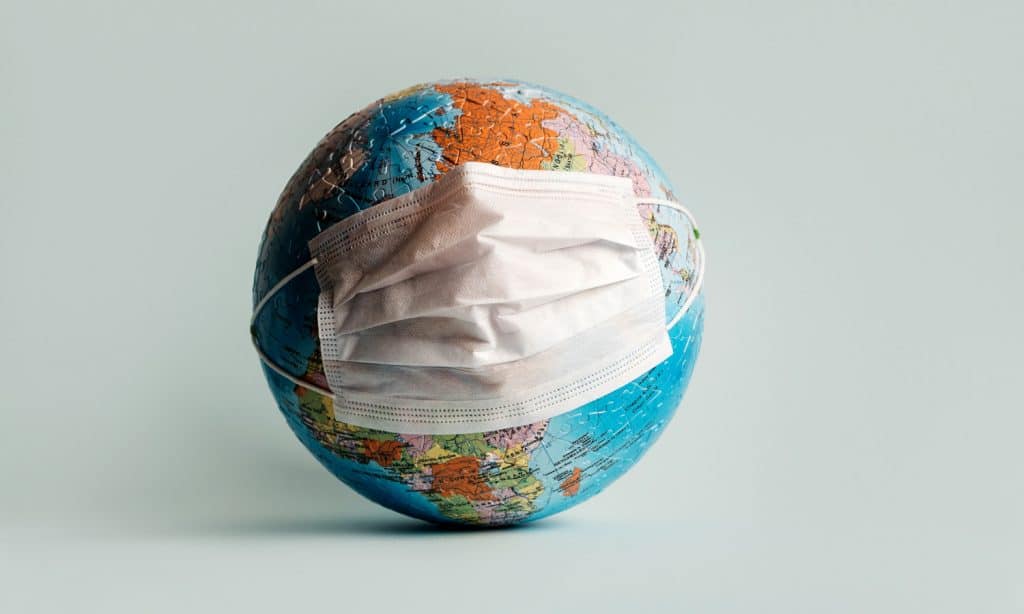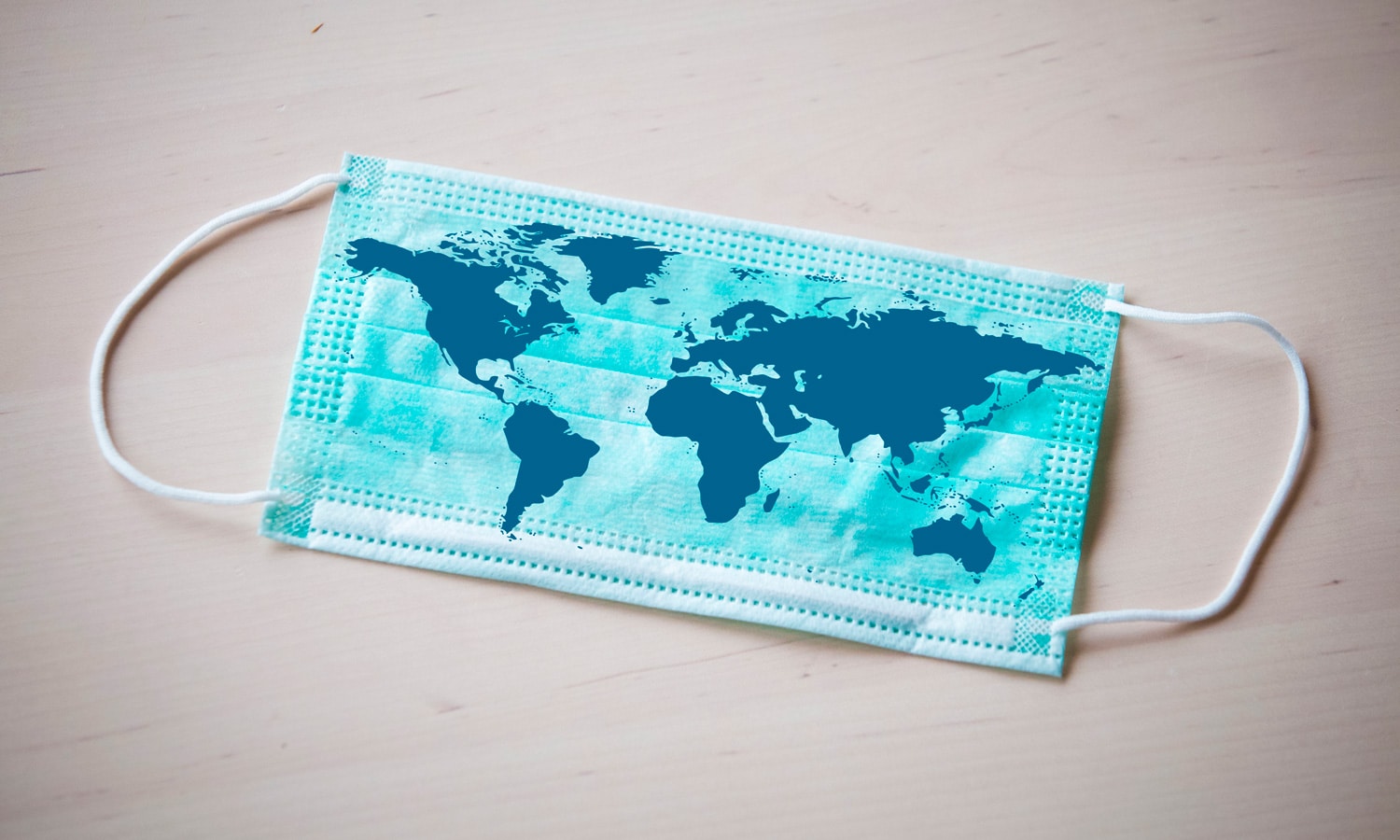Disclaimer: The views expressed in this article solely belong to the author and do not necessarily represent those of The Fresh Toast.
Very simply, marijuana legalization is not some wild experiment that has never been done before. And now, of course, we are beginning to see the same experience in some places in the United States.
In the midst of the pandemic, there is much uncertainty about almost everything, but one thing does seem certain: America is going to be much poorer. Or, to put in a global perspective, America and a few other countries will be much less rich and the rest of the world will be much, much poorer, and no wall or welfare program will protect us.
In Los Angeles, the global center of the entertainment industry, the unemployment rate is already around 50%, and many jobs and businesses are gone forever. The sheer scale of the problems will almost certainly lead to social unrest which will be visible to the world. But so will the solutions, because the world really does look to “Hollywood” for imagination.
So use your imagination. Imagine what Los Angeles and America and the world would look like without marijuana prohibition.
Of course, one might imagine that marijuana prohibition has ended in California and especially in Los Angeles, where there are 155 licensed marijuana dispensaries.
And Los Angeles even has a “Departament of Cannabis Regulation” which is trying to navigate through the competing interests in the retail marijuana business by deciding who gets one of the very valuable new retail licenses that the city will issue. The DCR has just completed a review of L.A.’s policies, so let the competition begin.
Now for context. The City of Los Angeles has approximately 4 million people and Los Angeles County has around 10 million.
But also consider that there are approximately 1,600 bars, not including a huge number of restaurants that serve alcohol, and then there are hundreds of “liquor stores”, and most supermarkets have huge selections of almost every type of alcohol, beer, wine and booze. And there are also delivery services…
For added context, according to the National Institute on Alcohol Abuse and Alcoholism, each year nationwide there are roughly 250,000 emergency department visits for alcohol addiction withdrawal which is so extreme that there are 850 deaths related to alcohol withdrawal. Ironically, that is why alcohol sales are considered “essential”, especially in the lockdown.
But zero deaths directly attributable to marijuana use.
And alcohol kills thousands more in accidents and is a major factor in violence, especially domestic violence, during the current lockdown.
But we regulate cannabis as though it were more dangerous than alcohol, and L.A. even has a department to decide how to issue few new licenses for marijuana dispensaries. That is why I say that marijuana prohibition continues in Los Angeles.
Meanwhile, in the Netherlands, population 17 million, marijuana has been available for over forty years in approximately 750 “coffeeshops” where anyone over 18 can buy and smoke cannabis. Amsterdam’s population is 900,000, less than a quarter of the city of Los Angeles, and has approximately 170 “coffeeshops”.

In addition, you can smoke cannabis, but not tobacco, in any bar, restaurant or venue where the owners allow it. (Most don’t)
Related: Are you a senior citizen interested in the benefits of CBD? Click here for a comprehensive guide to all things CBD.
The results: the Dutch annual per capita rate of cannabis use is less than half of the American rate 5.4% vs 13.7% and the hard drug use rate is even lower 0.3% vs 0.57. And the murder rate is less than one fifth the U.S rate.
Very simply, marijuana legalization is not some wild experiment that has never been done before. And now, of course, we are beginning to see the same experience in some places in the U.S..
Meanwhile, the Los Angeles restaurant scene is being decimated by the pandemic shutdown, and to reopen they are going to need new sources of income, especially with social distancing reducing their capacity. Being able to sell cannabis would give them a badly needed source of income, and allowing on-premise consumption (with vaporizers that don’t produce “second hand smoke”) would increase food sales.
No munchies jokes, please.
When politicians calculate tax revenues from cannabis sales, they typically just think of direct taxes, but that is like projecting alcohol tax revenues that only counted liquor store taxes. In fact, there would be far fewer restaurants without alcohol sales, and there will be far fewer in the future without cannabis.
Of course, the same is especially true of the music scene. From Louis Armstrong to The Beatles to Willie Nelson, there has long been a connection between music and marijuana. Ironically, musicians have been especially hurt by the pandemic with all of their gigs canceled and the venues closed. Big concerts have always had clouds of smoke, because the police knew it would be impossible and impolitic to arrest anyone, but in smaller venues they could credibly threaten smokers and the owners.
Los Angeles should proudly recognize cannabis as part of its culture and welcome cannabis use in music venues, just as they do with alcohol. To do otherwise would be both cowardly and hypocritical, and really bad business. Given Los Angeles prominence in the entertainment business, with truly legal cannabis it should leverage its visibility into leadership in other aspects of cannabis, such as hemp fashions, medical cannabis research, including CBD and other cannabinoids.
Finally, in a multiracial society like Los Angeles, cannabis could bring its diverse cultures together for social peace.
Richard Cowan is a former NORML National Director and co-founder of Blue Ribbon Hemp


